Fanny Rivera-Ortiz has presented a research paper entitled, “Engineering Forensic-Ready Software Systems Using Automated Logging“, at the Doctoral Symposium collocated with REFSQ 2022, in Birmingham, UK. In her presentation, Fanny introduces a novel semi-automated approach called Forensic-Ready Logger (FRL). The approach helps developers to elicit a set of potential software misuse scenarios, expressed as annotated UML (Unified Modelling Language) Sequence Diagrams, that can be used to identify the exact location where logging instructions should be placed and the information they should log.

Similar Posts

Liliana Co-chairs SERF 2017
Liliana Pasquale co-chaired with Dr. Dalal Alrajeh (Imperial College London) the 1st International Workshop on Software Engineering and Digital Forensics (SERF 2017). The workshop was co-located with the 11th Joint…
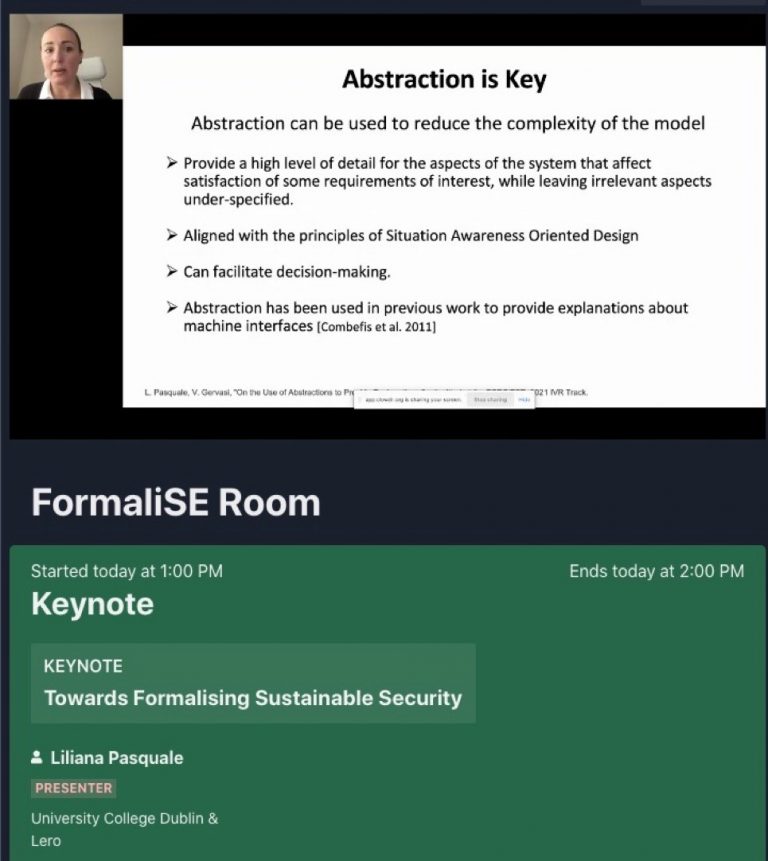
Liliana Gives Keynote Address at FormaliSE
Liliana Pasquale gave the keynote address at the International Conference on Formal Methods in Software Engineering (FormaliSE 2021), which was co-located with the 43rd International Conference on Software Engineering (ICSE),…
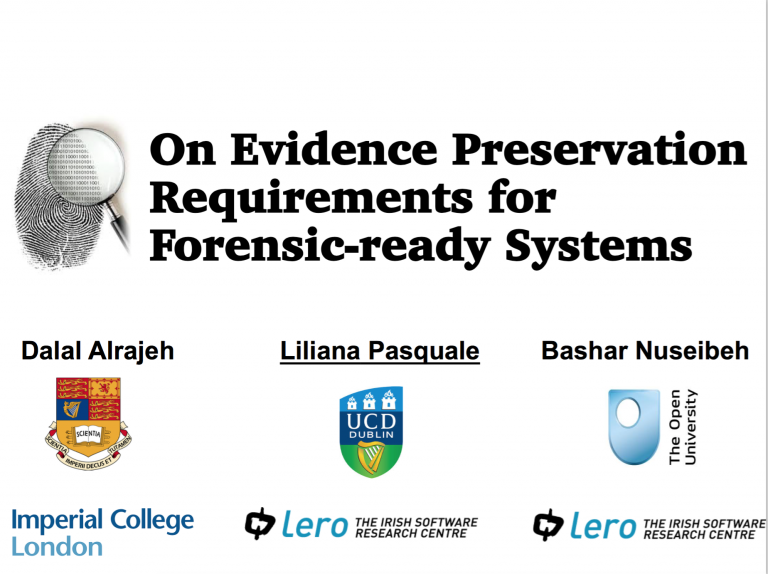
Liliana Presents Evidence Preservation Requirements at ESEC/FSE 2017
Liliana Pasquale presented her paper titled ‘On Evidence Preservation Requirements for Forensic-ready Systems‘ at the 11th Joint Symposium of the European Software Engineering Conference and the Foundations of Software Engineering…
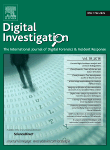
George is now on the Editorial board of Digital Investigation
Digital Investigation is The International Journal of Digital Forensics and Incident Response which supports open access.
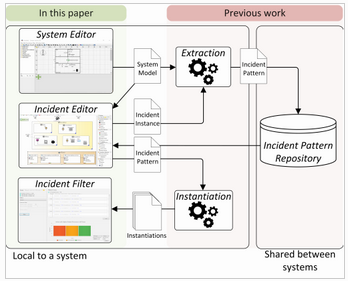
“Article of the Week”
The article “On the Automated Management of Security Incidents in Smart Spaces” was featured as the IEEE Access “Article of the Week”. In this article, the authors (Faeq Alrimawi, Liliana…
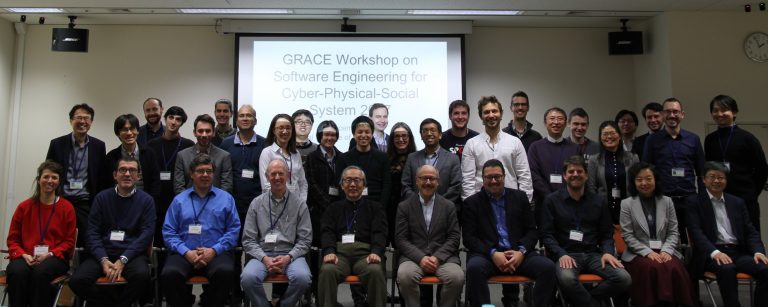
SPARE Members Present at the NII GRACE Centre Symposium and Workshop
Bashar, Jesus, and Liliana attended the NII GRACE Centre Symposium and Worksop, held in Tokyo on 19-20 December 2017. The workshop on the 19th December focused on software engineering of…
